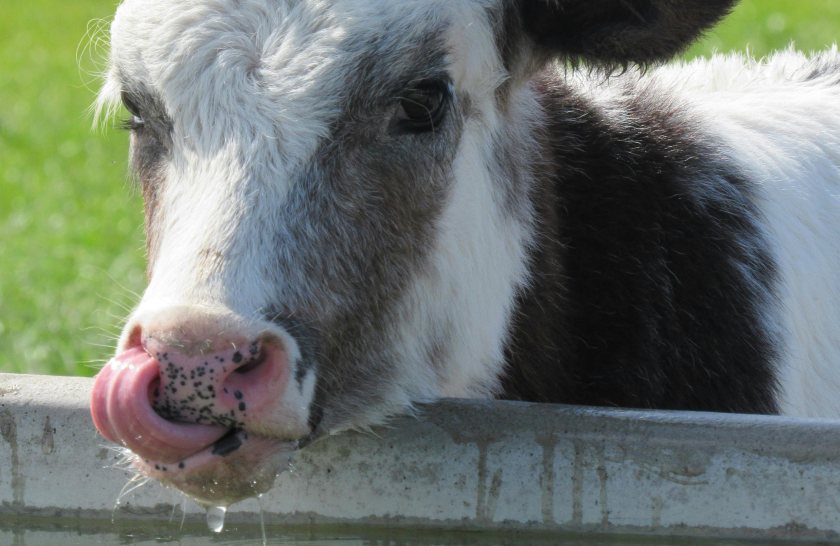Contaminated water blamed for costly dairy herd health problems

Dairy farmers are being encouraged to test their water supplies after new evidence suggested that contamination is fuelling costly herd health problems and cutting productivity.
Poor-quality water is estimated to cost the UK dairy sector millions each year through higher vet bills, reduced yields and damage to infrastructure.
One Somerset dairy farm that switched from mains water to a treated borehole supply reported significant gains over a 15-month period.
This includes a 44% fall in mastitis cases, an 83% drop in bactoscans and a 31% reduction in somatic cell counts.
Farm vet Phil Elkins, who works with FarmWater, said: “The figures speak for themselves on how giving clean water to animals can help drive performance by preventing health issues.
"Bacteria in water supplies can easily spread and can lead to a significant impact on udder health, as well as other infections and diseases like cryptosporidiosis, a major cause of calf scours.”
FarmWater has developed a treatment system that uses chlorine dioxide (ClO2) to remove bacteria, viruses, protozoa and biofilms from farm water supplies.
The treatment, already used in the poultry sector, is tasteless and breaks down into non-toxic by-products.
The company claims the system can pay for itself within a few years through reduced disease incidence and lower maintenance costs.
Industry leaders say the results highlight a wider point: that water quality is often overlooked as a factor in herd performance.
Contamination can also increase labour demands, with pipes and troughs requiring regular cleaning when algae or biofilms build up.
The importance of water quality will be under discussion at the Dairy Show on 1 October, where FarmWater plans to demonstrate its system and offer free testing.








